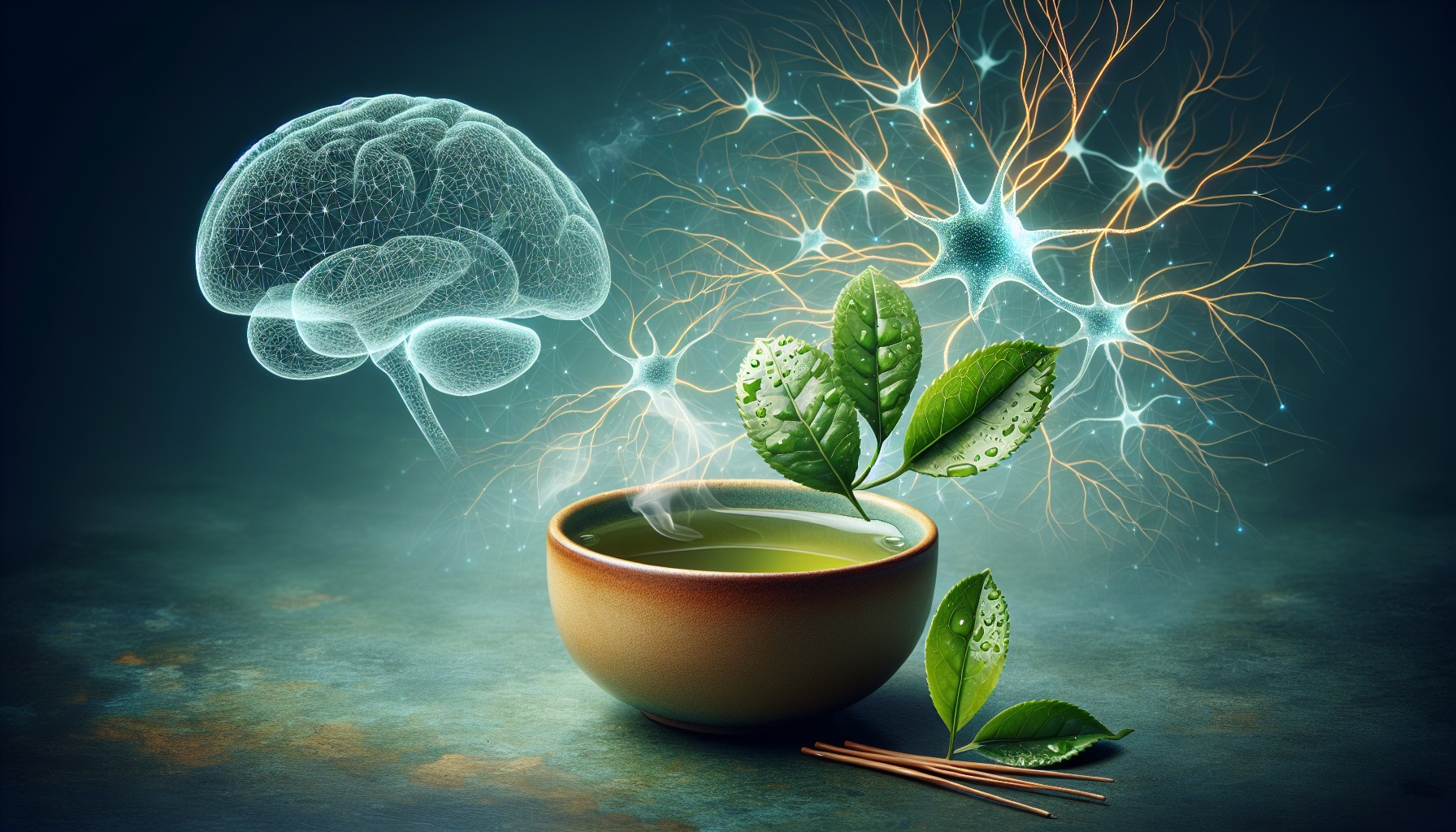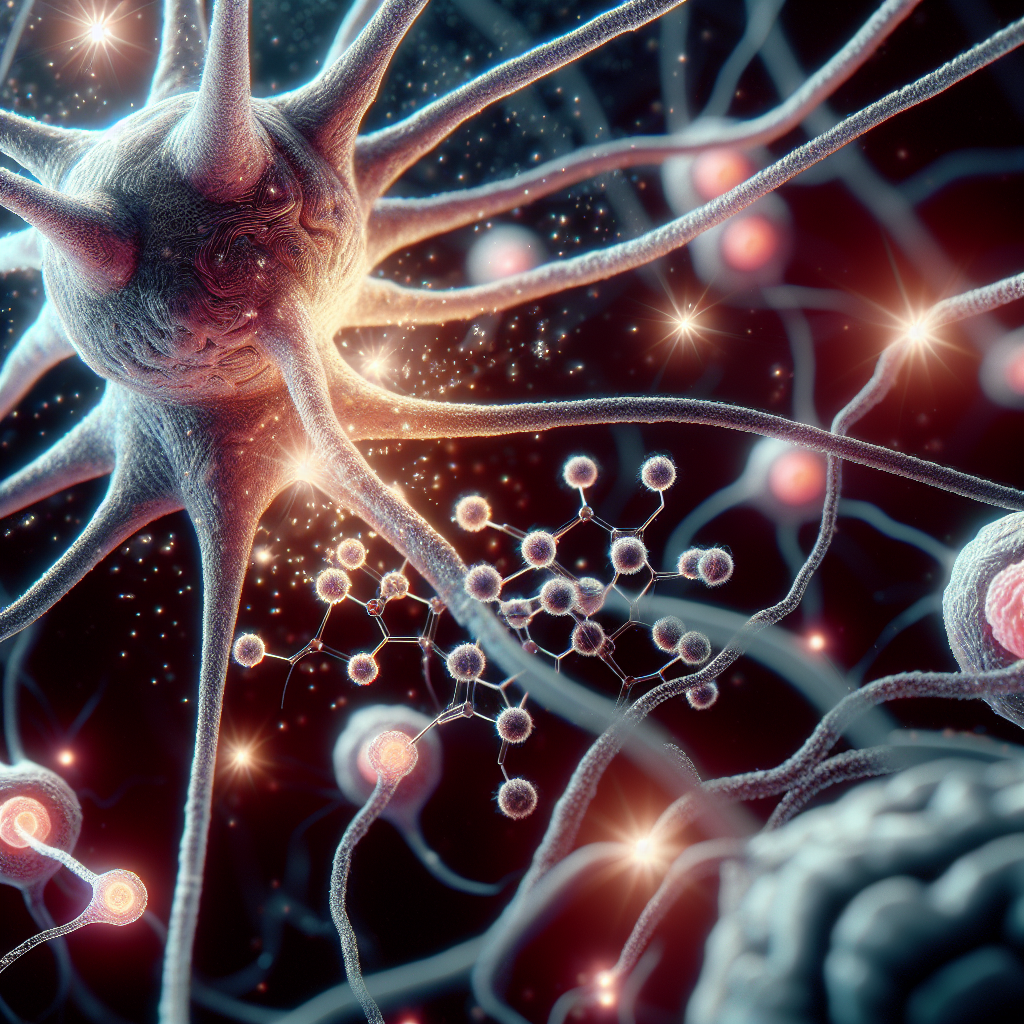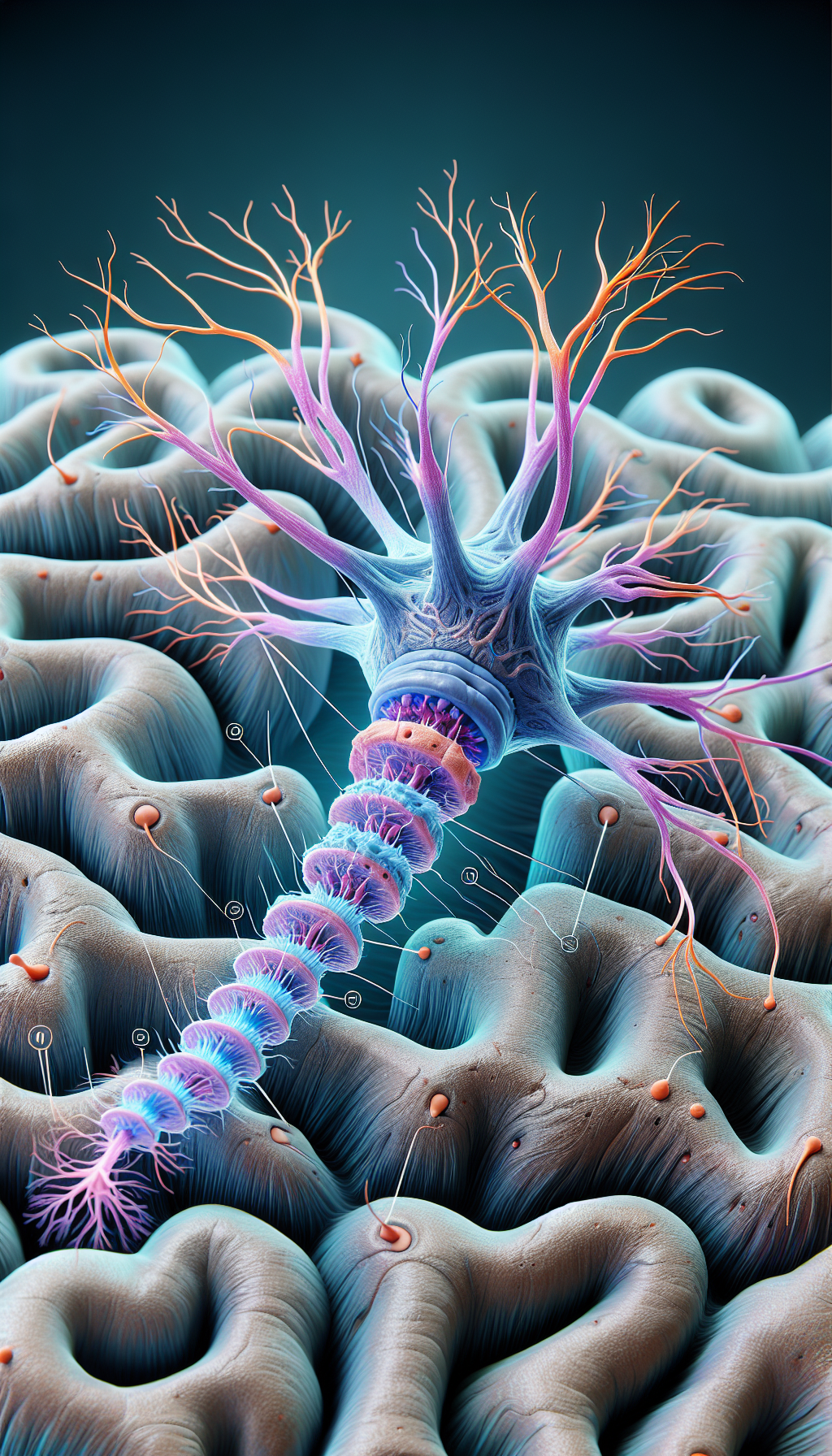In a world where cognitive health is increasingly becoming a focal point of overall well-being, natural remedies that boast neuroprotective properties are garnering significant attention. Green tea, a beverage steeped in history and health benefits, has recently been spotlighted for its potential to safeguard brain health. This article delves into the intricate dance between green tea’s bioactive compounds and the human brain, unraveling the science behind its neuroprotective effects.
The Bioactive Brew: Green Tea’s Cognitive Components
Green tea is derived from the leaves of Camellia sinensis and is minimally oxidized during processing, which preserves its potent phytochemicals. Among these, catechins—a class of polyphenols—are the most lauded for their beneficial impact on brain health. Epigallocatechin gallate (EGCG) stands out as the most prominent catechin in green tea, followed by epicatechins, which collectively exert antioxidant and anti-inflammatory effects.
These compounds traverse the blood-brain barrier, a selective permeability barrier that shields the brain from potentially harmful substances while allowing the passage of essential nutrients. Once inside the brain, catechins perform a symphony of protective roles.
Antioxidative Armor: Fending Off Free Radicals
One of the principal ways green tea catechins defend the brain is by neutralizing free radicals—unstable molecules that can damage cells and are implicated in aging and various diseases. By scavenging these reactive oxygen species, catechins help prevent cellular damage and reduce the risk of neurodegenerative disorders.
For further reading on the oxidative stress and its impact on cognitive function, one might explore specialized resources such as The Journal of Neurochemistry that detail the biochemical pathways through which antioxidants like those found in green tea protect the brain.
Inflammation Inhibition: Quelling the Fires Within
Chronic inflammation is a known contributor to neurodegenerative diseases like Alzheimer’s and Parkinson’s. Catechins have been found to modulate various inflammatory pathways, curbing the production of pro-inflammatory cytokines and enzymes such as cyclooxygenase-2 (COX-2).
For an in-depth exploration of how natural compounds can influence neuroinflammation, resources like Frontiers in Immunology offer a wealth of peer-reviewed studies and reviews.
Synaptic Support: Enhancing Communication
The integrity of synapses—structures that permit neurons to pass electrical or chemical signals to other cells—is vital for cognitive function. Catechins have been shown to foster synaptic plasticity, the ability of synapses to strengthen or weaken over time, which is crucial for learning and memory.
A study on the role of green tea compounds in synaptic plasticity can be found within the archives of Molecular Nutrition & Food Research, providing a closer look at how dietary polyphenols influence brain connectivity.
Neurogenesis Nurturing: Fostering New Growth
Adult neurogenesis, the process by which new neurons are formed in the brain, is a cornerstone of cognitive resilience. Research indicates that green tea catechins may promote neurogenesis, particularly in the hippocampus, the region associated with memory and learning.
For those interested in the burgeoning field of adult neurogenesis, the International Journal of Molecular Sciences presents cutting-edge research on how various compounds and lifestyle factors contribute to the generation of new neurons.
The Link to Brain Health
Considering the intricate relationship between green tea and cognitive function, it’s evident that this ancient brew holds modern-day relevance for brain health. At Avix Health, a deeper understanding of how dietary choices impact our neurological well-being can be attained, supplementing the knowledge gleaned from green tea’s neuroprotective properties.
Integrating Green Tea into a Holistic Brain Health Strategy
While green tea stands as a powerful ally in the quest for cognitive longevity, it is most effective when integrated into a broader brain health regimen. Coupling green tea consumption with other lifestyle interventions can synergize to create a robust defense against cognitive decline.
-
Emotional Intelligence: Strategies to bolster emotional intelligence can complement the neuroprotective effects of green tea. Strategies for Improving Emotional Intelligence for Brain Health explores methods to enhance one’s emotional and cognitive landscape.
-
Neurological Injury Recovery: Techniques to accelerate recovery from neurological injuries can benefit from the inclusion of green tea in one’s diet. Learn more about these techniques at Techniques to Accelerate Recovery from Neurological Injuries.
-
Neuroplasticity and Mental Health: The relationship between mental health and neuroplasticity is profound, and green tea can play a role in maintaining this delicate balance. Delve into this connection further at The Connection Between Mental Health and Neuroplasticity.
The journey to understand and harness the neuroprotective effects of green tea is ongoing, with emerging research continually shedding light on its multifaceted role in brain health. By embracing green tea’s ancient wisdom and integrating it with contemporary science, we can forge a path toward a healthier, more resilient brain, sip by mindful sip.



